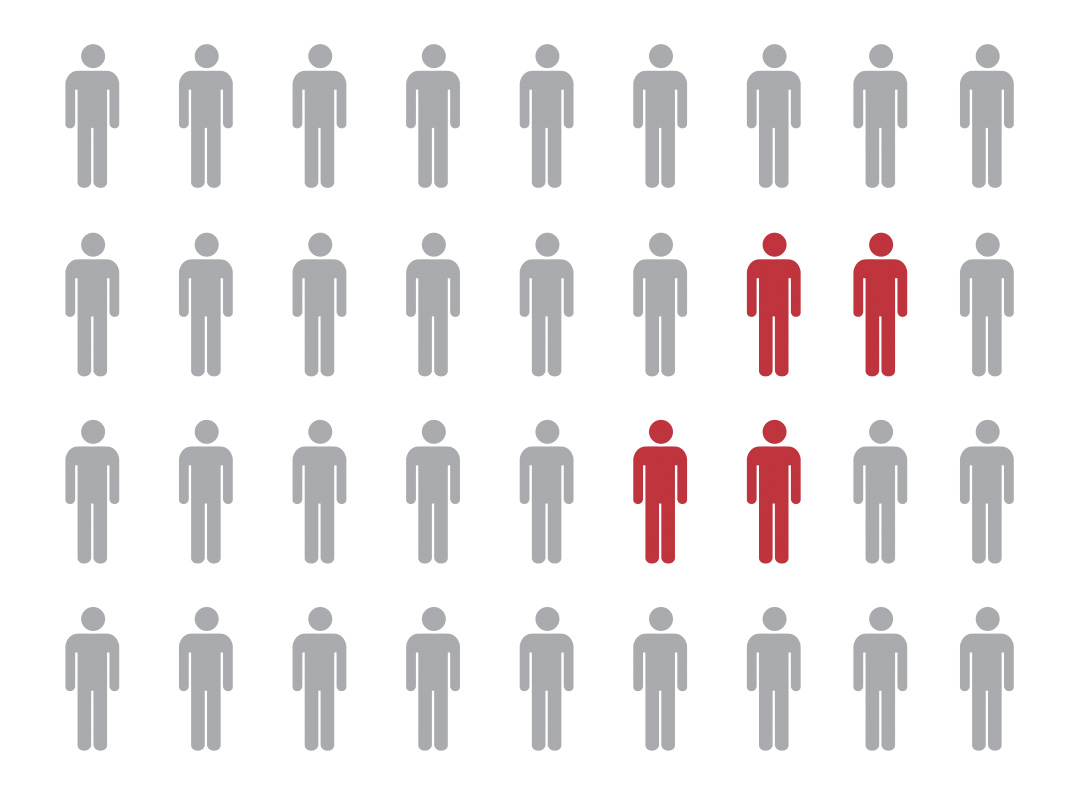Black students at predominantly white campuses feel cultural tension, according to News OK.
A study published in Communication Education – the National Communication Association’s journal – found that black students, at predominantly white universities, fear they will lose their cultural identity. The study was conducted at one private and two public universities in the Midwest and Southwest with populations of four and a half to eight percent black students.
“I think the multicultural program here ran by Gary Jones works hard to make sure the black students integrate into the whole campus community,” Jeff Bennett, associate dean of students at Oklahoma Christian University, said. “One of the ways we try to do that is to encourage black students to be in different clubs rather than be in one club.”
Oklahoma Christian has a population of eight percent black students and 71 percent white students.
“I don’t like to categorizing people,” sophomore Collyn Lee said. “You have to respect people’s culture, but that doesn’t always entail color. In the country we live in, people’s minds are shaped to think differently of others because of their skin color.”
The study also found that students felt like cultural visitors due to differences in thought, language, dress, classroom behavior and socializing seen among Caucasian peers.
“There are times when you hang with purely black people and your tone changes a little bit, whereas if I were with white people there is a different tone,” sophomore Sisay Gillock said.
In the 1903 publication, “The Souls of Black Folk”, W.E.B Du Bois founded a concept he called Double consciousness, where one feels as though their identity is divided into several parts, making it hard to have one unified identity. Du Bois said that since black Americans have lived in a society that has historically repressed and devalued them, it has become difficult to unify their black identity with their American identity.
“It’s kind of an embedded mind set that has been passed down through generations,” Lee said. “There are people at Oklahoma Christian who seem to be going out of their way to try to mend ways with you.”
Bennett said that surroundings sometimes dictate certain actions, regardless of race.
“Our behavior is a little bit different depending on the neighborhood we grew up in and so forth,” Bennett said. “That can be an okay thing, but if it stops someone from getting involved in the community then that is a problem.”
Gillock said because he was born in Ethiopia, but was raised in America, he identifies himself as a third-culture kid (TCK) – someone who was raised in a culture that is not their parents’ culture for a significant part of their life. Gillock said he has faced expectations of how to act based on his surroundings.
“I also went to a predominantly white high-school in Oregon where some friends expected me to talk and act ghetto but I did not, and they learned that not every black person behaves like what they see on T.V.,” Gillock said.
Lee said some people will tell him he talks “white” meaning it as a compliment.
“The fact that we are trying to keep this place preserved as a Christian community, that helps boost the sense of unity,” Lee said. “But people are people and you can still feel it, we are in Oklahoma. This is the OC bubble where a lot of things are disregarded but some things still stand.”
Bennett said he has seen improvements in how minorities on Oklahoma Christian’s campus feel because of the Multicultural program.
“As long as we try to do things that help students learn more about one another we will continue to improve,” Bennett said. “I don’t know if it will ever be perfect simply because we are different. But I believe Christianity is a great equalizer if people are practicing it truly and that makes a lot of difference.”
















Be First to Comment